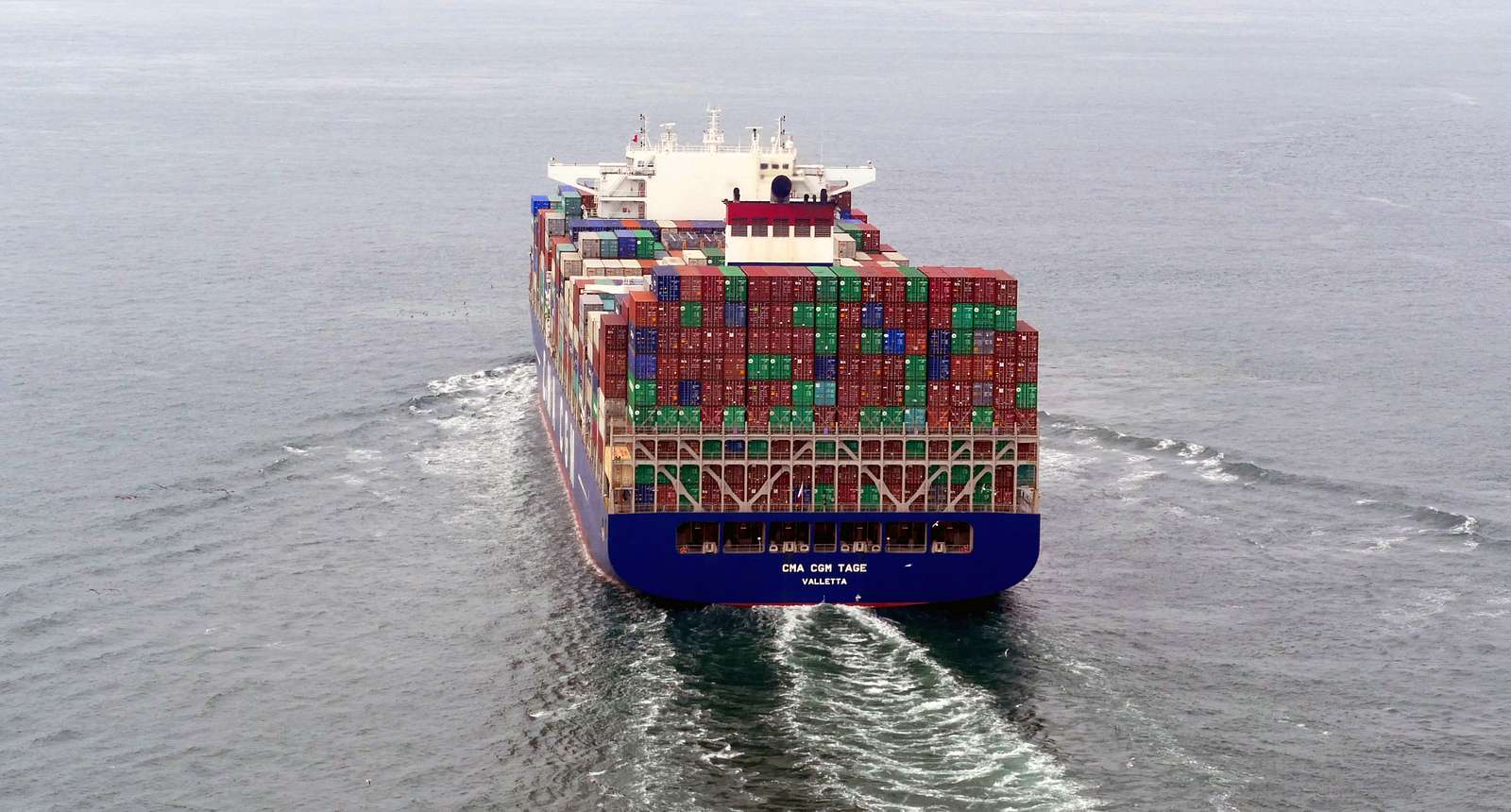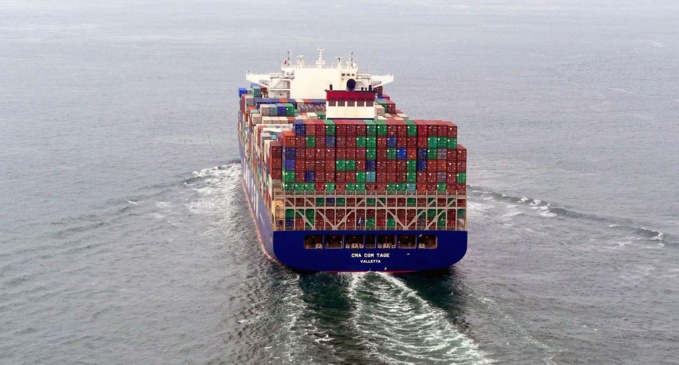The deficit and surplus of current accounts of all countries in the world in 2018 reached a total of 3% of global GDP, experts from the International Monetary Fund calculated. Recall that the current account includes trade and service balances, labor remuneration, and the balance of investment income.
According to the fund, 35–45% of deviations from the balance were excessive. In particular, the surplus in Germany remains too high (7.3% of GDP, the country ranks first in the world in absolute terms - $ 291 billion). Japan ranks second - $ 175 billion (while the fund does not take into account its surplus of 3.5% of GDP to be excessive). The IMF believes that the surplus is too high in the Netherlands (10.8% of GDP), in South Korea (4.4%) and in Singapore (17.9%). A deficit too much pronounced, in turn, was noted in the United States (2.3% of GDP) and the UK (3.9% of GDP). These two countries are leading in absolute deficit indicators - $ 478 billion and $ 109 billion, respectively.
Since 2015, the figure in the United States has increased from $ 408 billion (2% of GDP). However, over the last year it did not change relative to GDP, despite tax reform and an increase in government spending (the effect of tax cuts on investments was less pronounced than predicted, and growth shale production allowed to limit oil imports, explained in the fund). The IMF also considers the surplus on the current account of China "relevant to the main macroeconomic parameters." Since 2015, it has fallen by more than six times, from $ 304 billion to $ 49 billion. Now, according to this indicator, the country’s rating is even lower than Italy and Taiwan, being on 11th place in the world.
The IMF notes that the total investment position of countries (both lenders - countries with a surplus on the current account, and borrowers) reached a record 40% of GDP. So far, the fund does not see short-term risks associated with this state of affairs, since the borrowers are primarily developed countries whose currencies are reserve. However, heightening trade disputes or uncontrolled British withdrawal from the EU can provoke risk aversion and adversely affect more vulnerable sovereign borrowers who are dependent on external financing.
For countries with an excess deficit, the IMF recommends a fiscal consolidation, with an excess surplus. This is a fiscal policy aimed at supporting economic growth (in particular, through investments in infrastructure). In general, for countries with a surplus, structural reforms should be aimed at increasing investment and lowering the savings rate, in particular, by supporting innovation (for euro area countries), expanding social guarantees (for South Korea, Malaysia, Thailand). Countries with excess deficit, the IMF believes, should enhance flexibility of the labor market to increase competitiveness. China and Japan are encouraged to open up new sectors for investment and competition with foreign suppliers.
source: imf.org
According to the fund, 35–45% of deviations from the balance were excessive. In particular, the surplus in Germany remains too high (7.3% of GDP, the country ranks first in the world in absolute terms - $ 291 billion). Japan ranks second - $ 175 billion (while the fund does not take into account its surplus of 3.5% of GDP to be excessive). The IMF believes that the surplus is too high in the Netherlands (10.8% of GDP), in South Korea (4.4%) and in Singapore (17.9%). A deficit too much pronounced, in turn, was noted in the United States (2.3% of GDP) and the UK (3.9% of GDP). These two countries are leading in absolute deficit indicators - $ 478 billion and $ 109 billion, respectively.
Since 2015, the figure in the United States has increased from $ 408 billion (2% of GDP). However, over the last year it did not change relative to GDP, despite tax reform and an increase in government spending (the effect of tax cuts on investments was less pronounced than predicted, and growth shale production allowed to limit oil imports, explained in the fund). The IMF also considers the surplus on the current account of China "relevant to the main macroeconomic parameters." Since 2015, it has fallen by more than six times, from $ 304 billion to $ 49 billion. Now, according to this indicator, the country’s rating is even lower than Italy and Taiwan, being on 11th place in the world.
The IMF notes that the total investment position of countries (both lenders - countries with a surplus on the current account, and borrowers) reached a record 40% of GDP. So far, the fund does not see short-term risks associated with this state of affairs, since the borrowers are primarily developed countries whose currencies are reserve. However, heightening trade disputes or uncontrolled British withdrawal from the EU can provoke risk aversion and adversely affect more vulnerable sovereign borrowers who are dependent on external financing.
For countries with an excess deficit, the IMF recommends a fiscal consolidation, with an excess surplus. This is a fiscal policy aimed at supporting economic growth (in particular, through investments in infrastructure). In general, for countries with a surplus, structural reforms should be aimed at increasing investment and lowering the savings rate, in particular, by supporting innovation (for euro area countries), expanding social guarantees (for South Korea, Malaysia, Thailand). Countries with excess deficit, the IMF believes, should enhance flexibility of the labor market to increase competitiveness. China and Japan are encouraged to open up new sectors for investment and competition with foreign suppliers.
source: imf.org



















